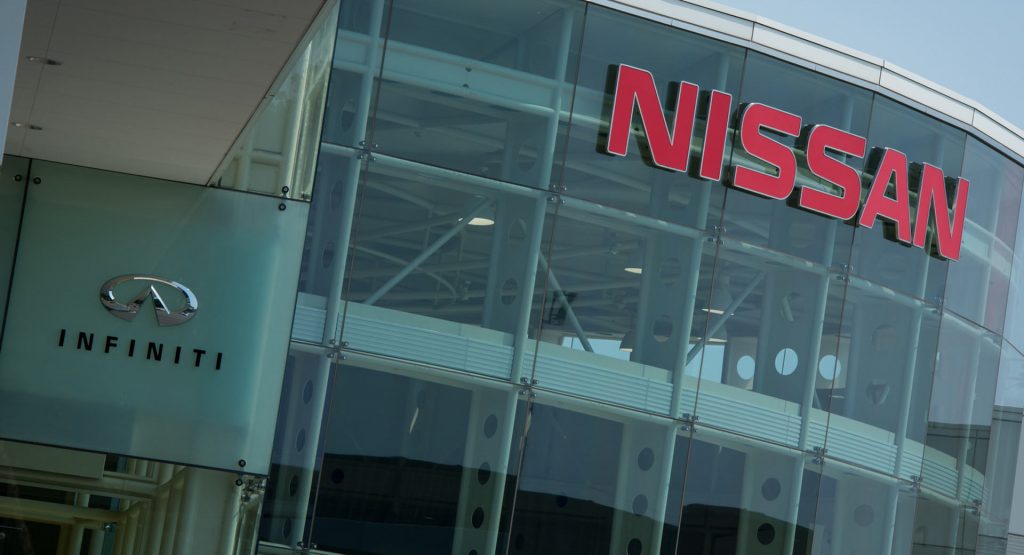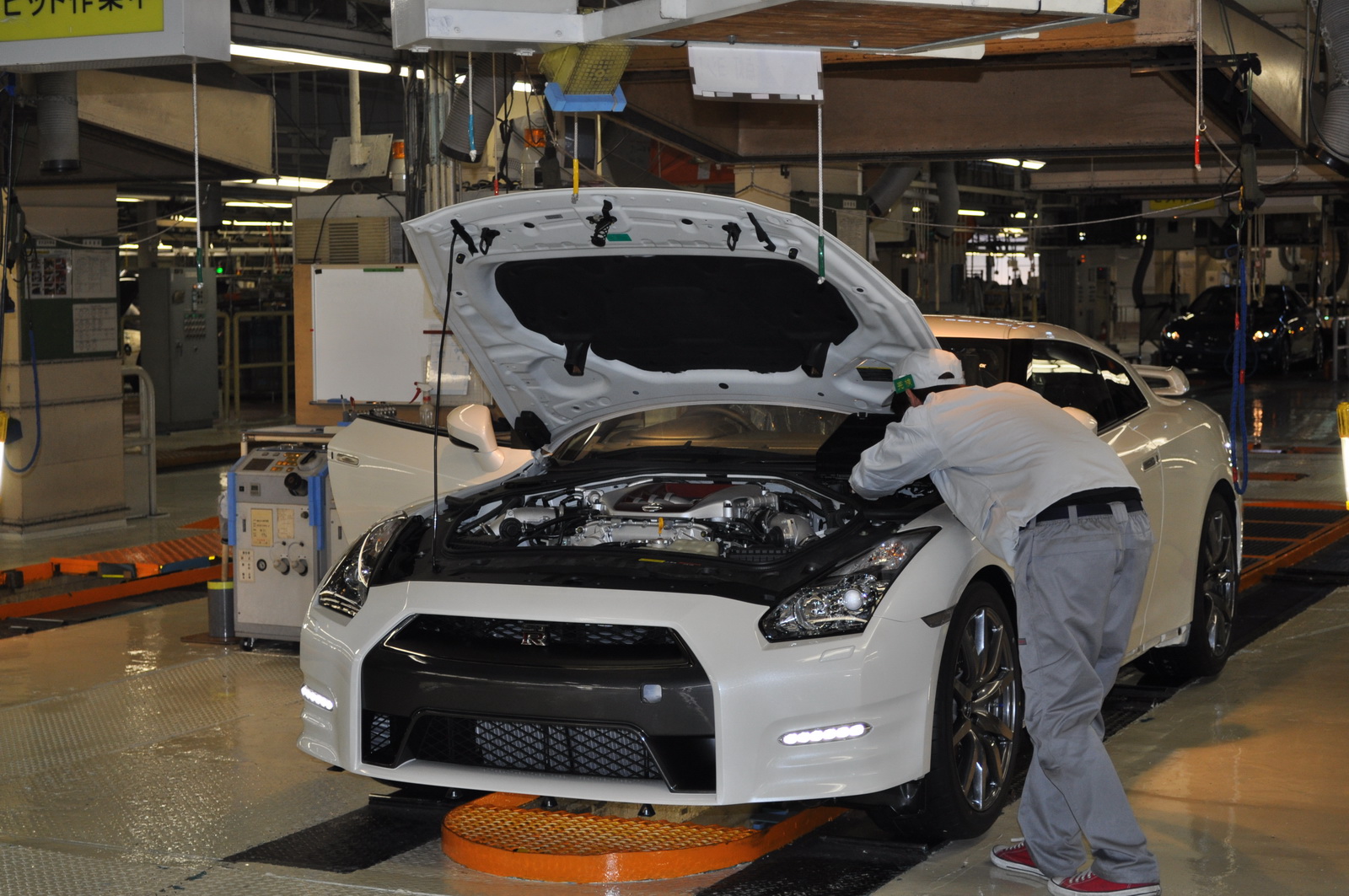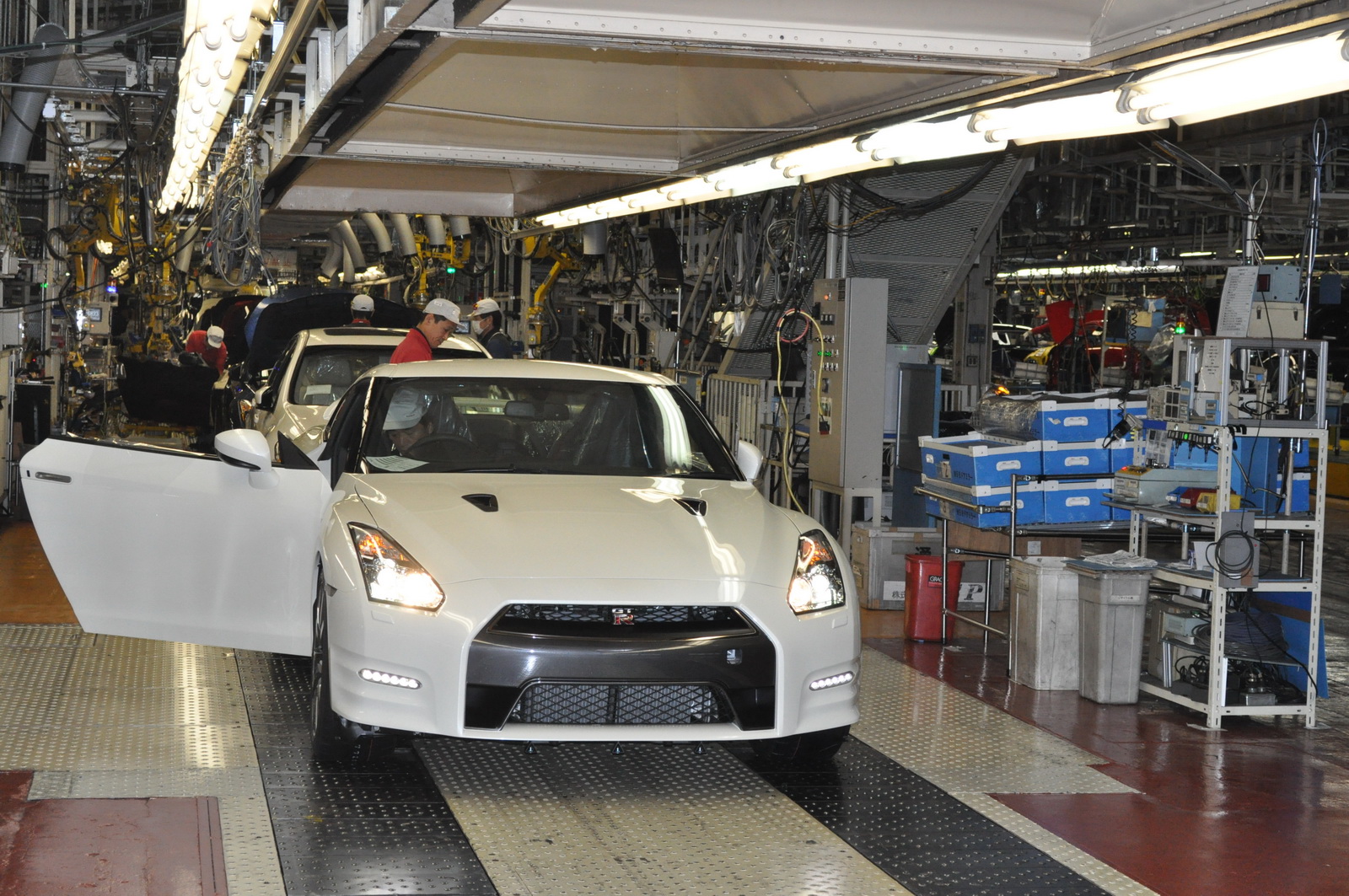Nissan has admitted that it falsified tests on exhaust emissions for its vehicles built throughout Japan.
In a statement, the automaker said it discovered ‘nonconformities’ in its final inspection process back in September 2017. It has since carried out an internal investigation into these discrepancies, Reuters reports.
The testing environments used for emissions and fuel economy analysis at most of Nissan’s Japanese factories weren’t in line with requirements and that final inspection reports were based on altered measurements, it has been revealed. The misconduct in exhaust emissions measurements has affected 19 models sold in Japan.
“A full and comprehensive investigation of the facts outlined above, including the causes and background of the misconduct, is underway,” the car manufacturer said.
“Nissan has retained the leading Japanese law firm Nishimura and Asahi to carry out an investigation centered on the causes and will implement appropriate countermeasures based on the results.”
Japanese automaker admits its failings and wants to ensure nothing is repeated.
In October 2017, Nissan revealed that uncertified inspections had been signed off on final checks for cars throughout Japan for decades. This immediately resulted in a domestic recall of 1.2 million vehicles. Nissan pointed the finger at staff shortages for this misconduct.
Nissan insists that despite the falsification of tests, none of the models in question stray from their advertised fuel economy and emissions figures. The company says that it will continue to search for other possible areas of non-compliance.
When Nissan uncovered its final inspection issues last year, it immediately shut down production of all vehicles in Japan destined for the local market.






